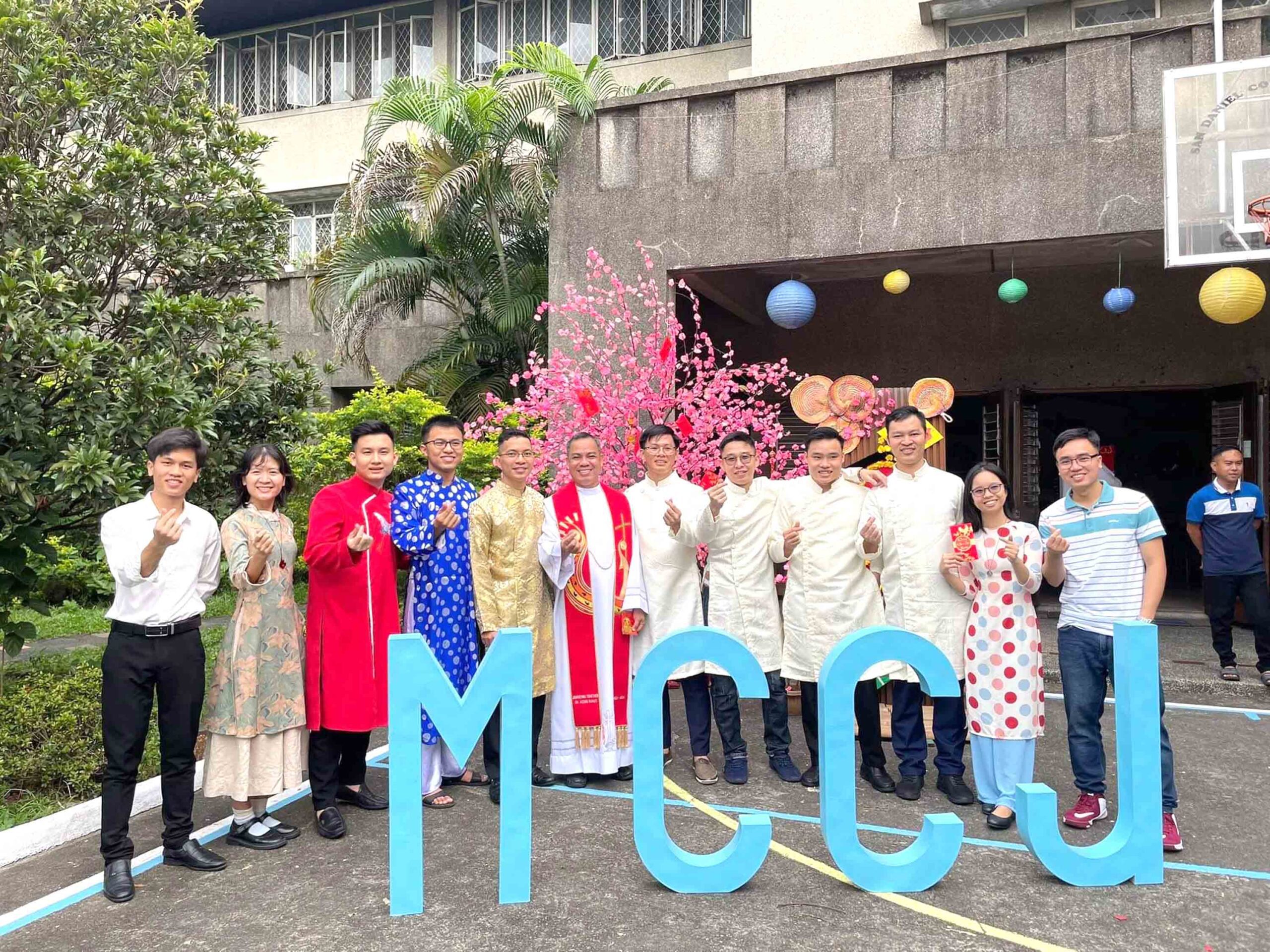The mighty assistance that AI has brought to agriculture, health, education, and economic growth remains unquestioned today. Farmers are greatly assisted by its weather predictions. It renders monumental service in the field of healthcare. The instruments it has developed can diagnose cancer with 97% accuracy, collecting, organizing, and analyzing information better than humans. Robots guided by it are in active service on the factory floor. In time to come, it can gradually take over all mechanical, repetitive, and burdensome production tasks, with no limit to the volume. Autopilots under its guidance already fly many commercial planes.
More than anything else, it has enormous storage capacity for information and the ability to get things done at unbelievable speed. There is no doubt that the accumulation of information and the improvement of big data will change the life of human society. It is fast doing so. But the possibility remains also of such effective tools being made instruments of disinformation and manipulation; of coercion, domination, or commercial exploitation.
ABUSE OF ARTIFICIAL INTELLIGENCE
Today, the market has greatly taken control of many instruments developed by AI, making enormous profits. Information providers and communications facilitators make the most. Having studied customers’ past market behavior, they predict purchases, preferences, likes, and dislikes by observing purchases. Knowing people’s behavior, they move on to shape people’s tastes and condition their behavior to further their market.
They seek to lead their customers to news addiction and even drive them to wasteful and damaging interests. From the enormous stock of knowledge they have gathered about individuals, they exercise power over them without the people concerned being fully aware. The victims cheerfully surrender to this domination and even ‘pay’ for it to retain access to the information they desire.
The new form of capitalism takes advantage of knowledge of every aspect of citizens’ lives, gathered from their digital records: their reading habits, tastes, interests, desired purchases; recorded interactions, exchanges between friends, family members; feelings expressed in intimate sharings, love, exaltation, frustrations, anger, and hatred. While those who control information technology speak of the ‘empowering web,’ they enslave their customers. Their operations remain beyond the average man’s knowledge.
Media magnates sell the data they have gathered about their customers to hotels, hospitals, and sales agents, who, in turn, take advantage of their needs, preferences, weaknesses, and wayward tastes. Young people who become addicted to their entertainment programs slavishly submit to their tempting offers and get misled. Watching the idealized youth models placed before them, some develop a negative self-image or move to decreased life satisfaction. Some even commit suicide.
In the meantime, these AI-managing companies earn stunning sums, and inequalities keep growing globally. They want to keep their field of action beyond legal restrictions, claiming to render much-needed services several times faster than the government. The sad reality is that with the way private agencies take advantage of average citizens, an irresponsible government can exploit them even more forcefully in the name of the rule of law, national security, crime control, civil discipline, or planned development. Meanwhile, cybercrimes like hacking have begun to cause anxiety to the government, private companies, and average citizens.
SELF-REGULATION
Time has come for a sense of universal responsibility to be awakened and society’s ethical consciousness stirred to action. Self-regulation is suggested as a first step in an area where the speed of technological development outpaces ethical thinking.
Transparency is the first rule that must be made effective. If individual citizens have partly surrendered their privacy-concerns to media giants to have access to information, it must be reciprocated by reporting in what ethical manner such data are being used. Excessive intrusion into personal lives and instrumentalizing and monetizing personal behavior must be prevented. The present unprecedented asymmetry of knowledge and power must not be allowed to perpetuate itself.
Civil society must be allowed to play its legitimate role. Even though self-regulation is a greatly desired goal, it must be complemented by an independent oversight body. In the long-term interest, it should adopt a multi-disciplinary perspective which takes into account the finding of disciplines like neuroscience, evolutionary psychology, behavioral economics, ecological and social concerns, philosophical and religious principles.
As AI evolves faster than regulatory efforts and technical knowledge, an effort towards a consensus-processes ought to be initiated. Technicians, scientists, producers, and regulators can be invited to work with civil society to suggest practical norms for environmental protection, the common good, and the long-term benefit of humanity. Values identified in moral philosophies cannot be ignored. Spiritual traditions and philosophies of the wider world must be given attention.
We must remind ourselves that while imparting digital and media skills to the younger generation, socio-emotional skills and AI ethics should be imparted. Gospel principles must guide all Christian contributions to this mighty endeavor.



































